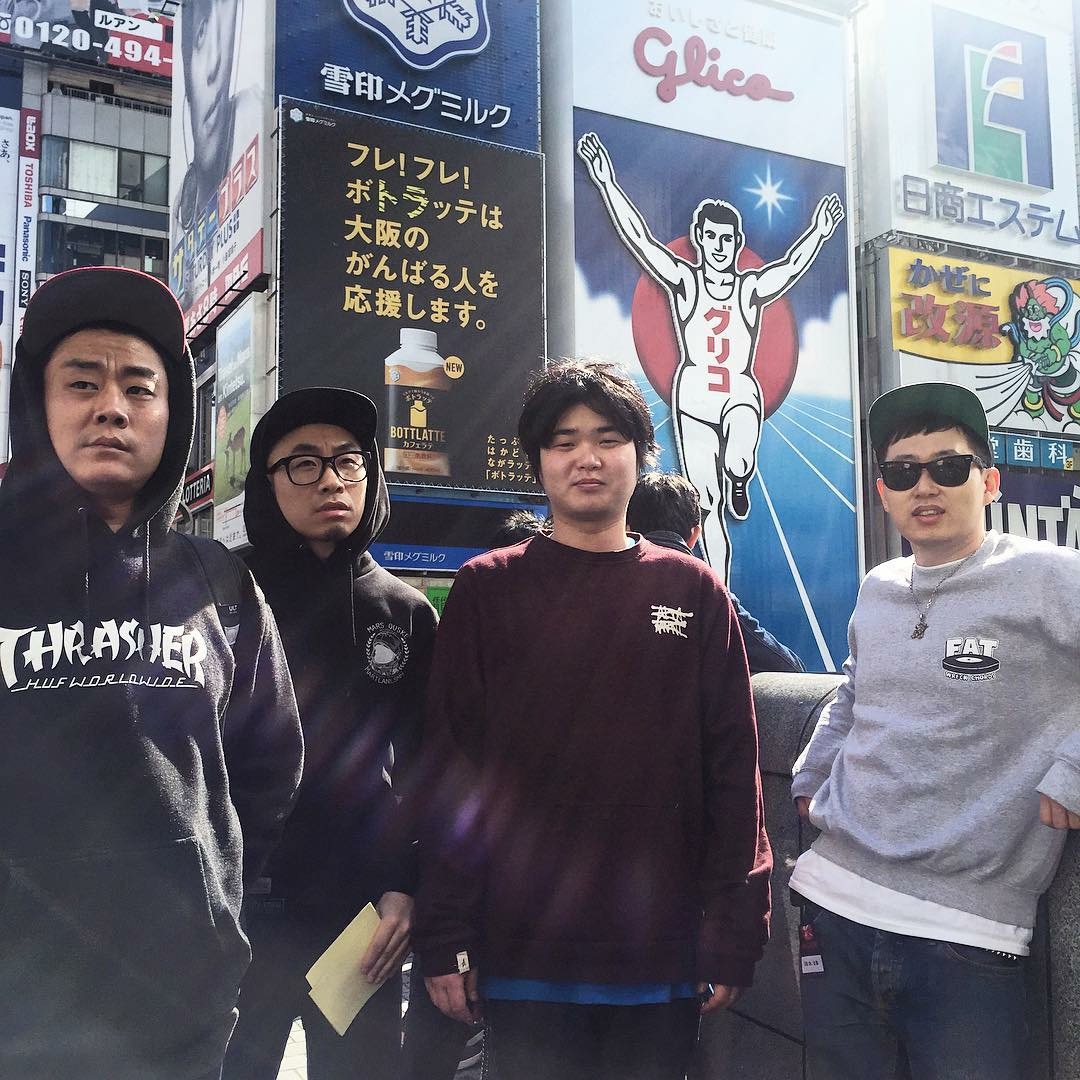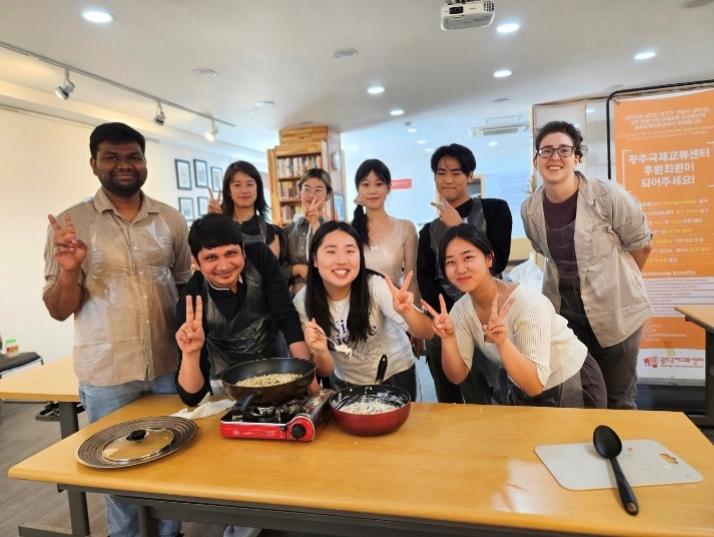Finding the Best Pet Clinic
Article and photos by Sera Kim
There are three famous pet clinics in Gwangju: Cool Pet, Sue, and JuJu. Cool Pet clinic, located on the fourth floor in the Sangmu Lotte Mart, is considerably popular among Gwangju pet owners. What would be the highest priority in patronizing pet clinics?
1. Veterinarian
The vet should be one of the most important elements when people decide where to take their pets for treatment. First, some people might wonder whether the vet is trying to make the most money. Is the vet conducting unnecessary tests and adding expenses that the clients have to pay for? Secondly, some are concerned that the vet takes sincere care of their pet. Some vets try to relax pets so as not to stress them out, whereas some others force pets to have treatments in order to save time and get it done quickly. Finally, people usually want to know if the vet is trustworthy enough to leave their much-loved pets alone in his or her care.
As mentioned above, Cool Pet is one of the popular pet clinics in the western Gwangju. The vet of the clinic, Myung-Jo Lim, has a good reputation among Gwangju pet lovers. People say they feel the affection and sincerity from this vet towards their pets (although he blushed and denied it, saying it’s what he is supposed to do as a vet). He started his business in 2002, but he is not new to the job. In total, he’s a 19-year-long experienced vet. Being the modest gentleman that he is, it was difficult to interview him about his profession and experiences.

Q: What motivated you to be a vet?
A: When I was a high school student, I had four dogs. One day, one of them seemed sick; he could not eat and suffered from diarrhea. Now that I am a vet, I can tell what kind of disease the dog suffered from. But back then, I was so worried that I ran to the nearest pet clinic with him in my arms. The vet was astonished watching me carry the dog in my arms to the clinic, because the dog was already dying and so considerably smelly with a lot of blood all over the skin. Ever since then I wanted to be a vet, watching the vet diagnosing my dog. He looked cool to me (laughs), and he recommended that I should be a vet, saying it is rare to see someone carry their dying dog to the clinic as I did. I was motivated by him, and science was my favorite subject. I thought I would be a scientist, but I am a vet now due to that experience.
Q: It doesn’t seem all vets know every kind of treatment for different sorts of pets. Why are some vets not even very accustomed to handling cats?
A: It is all about their interest. The veterinary college was four years long (these days it’s six years). I took electives in the first year, and for the remaining three years, I had to learn about every single species. In the exam periods, it was confusing if it was for cows or cats, horses or dogs, etc. That is why in seminars, some vets participate in conferences discussing reptiles or mammals or surgeries and so on, depending on their interests.
Q: What about mercy killing?
A: I hate that…(pause) but I must do it. I remember this guy, now a middle aged man, he failed his business and was about to commit suicide. On the way to a river, he saw a dog in a factory and well.. it could sound a little weird, but he said he talked to the dog. He was suffering from depression, there was nobody who tried to listen to him, but the dog did in a way. With approval from the people in the factory, he adopted the dog and started a new life, living with the dog in his house. The dog, however, was too old. It was 17 or 18 years old already, its kidneys were shutting down, and its heart was weak enough to stop any time. Acute attacks periodically afflicted him, causing his body to quake so much that his head used to continuously hit the floor. The dog was the man’s one and only friend and family. He visited my clinic six or seven times for mercy killing, but I could tell the man could not let him go just like that because we had a long discussion. Eventually, I had to go through with it. It doesn’t feel good. I still go out and have a drink after I do it.

Q: Have you diagnosed uncommon pets like guinea pigs or hedgehogs?
A: I have experienced treating them a few times, but the thing is that the medical bills for them surpasses their price. Sadly, people tend to get another, not bring them here when they get sick.
Q: Any advice for pet lovers?
A: Dogs or cats, or no matter what your pet is, I strongly recommend you NOT to give them any human foods. Chicken bones, fruit seeds, and other things like that could bring about gastrointestinal obstruction in your pets. Xylitols, chewing gum, and candies can lead to shock; chocolates shut down the liver. Onions and grapes ruin kidney function. Lastly, I think it would be better for pets to take safe food or snacks verified by vets, which are being sold in pet clinics, rather than home-made or hand-made snacks. Give them clean water, and for cats, too many cans of tuna can cause tartar on their teeth. Serving tuna no more than twice a week or so would be okay.
2. Hygiene
It seems to be a priority these days for people to patronize sterile clinics. Since it is now a general idea that pets are exposed to germs more in clinics, some pet people are reluctant to expose their early-age pets to clinics.
In the case of Cool Pet clinic, Dr. Lim sprays disinfectants onto the desk every time he diagnoses another pet, and he wears a hygiene mask all the time. It is possible for pets to get infectious diseases from clinics, thus it is important that experts regularly disinfect the clinics and sterilize the instruments.
3. Service
You might be looking for services such as a pet bath, a fur trim, pet care, etc. Cool Pet offers those services; the pet-care service costs 15,000 won per day. Food and water are always ready and so it is not necessary to bring food to the clinic unless your pet takes its own special food.
Veterinary Clinic Recommendations:
Cool Pet (Sangmu, Western Gwangju) 062-384-7975
JuJu (Poong-hyang, Northern Gwangju) 062-524-7582
Sue (Joowal, Southern Gwangju) 062-653-1175







